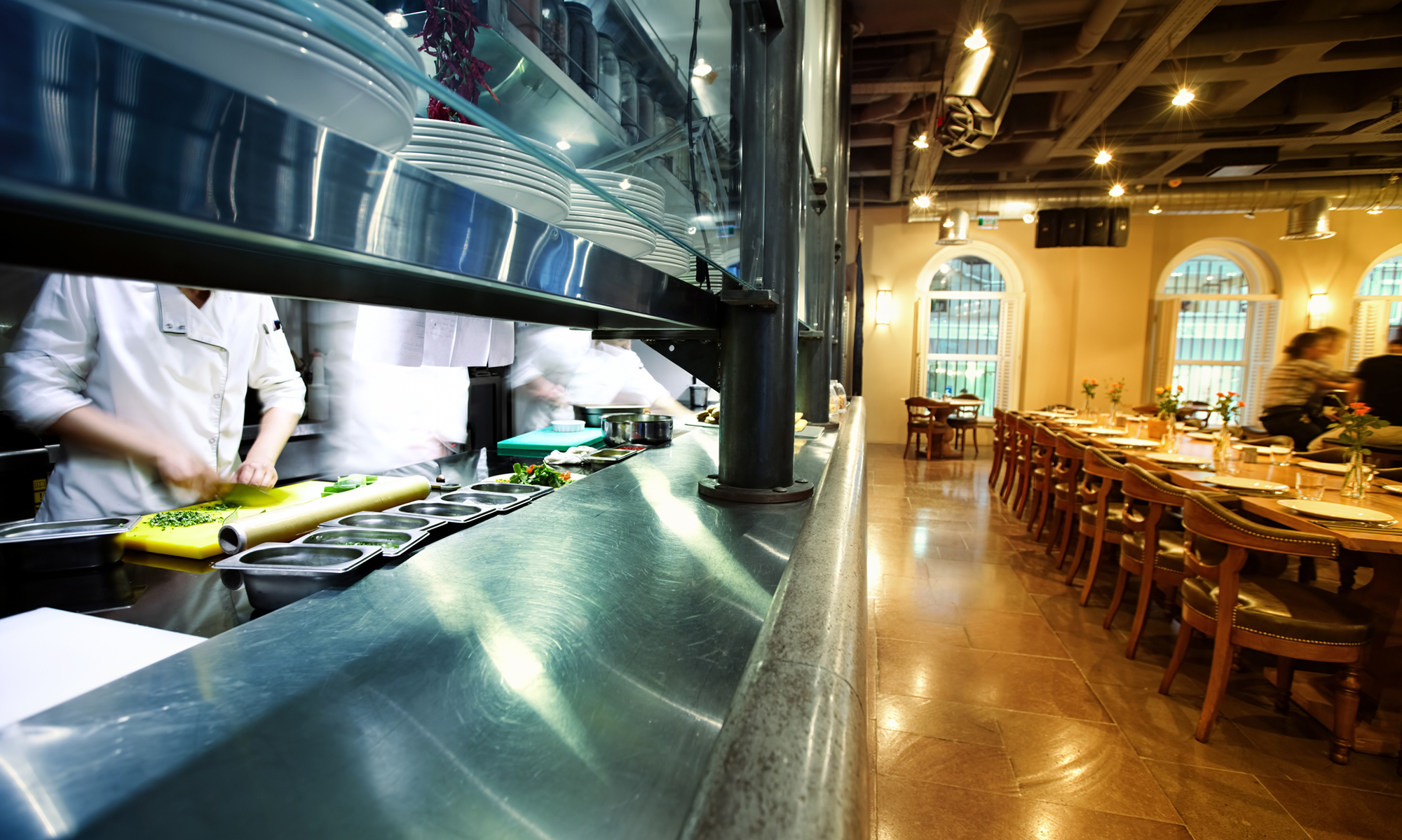By Constantine Mittendorf
Even today, we keep hearing about new and different ways that human trafficking affects us in the 21st century.
In today’s world, we tend to think of involuntary labor in the context of brothels and sweatshops, and California strictly outlaws human trafficking in these two contexts. While sexual slavery is enforced criminally within our borders, California law also prohibits human trafficking in the supply chains of major retailers. The law currently requires major retailers to publicly disclose their efforts to eliminate forced labor from their direct supply chains. Basically, the law helps stop sweatshops overseas from using what amounts to slave labor to make tennis shoes, children’s toys, and other goods eventually sold in America.
Additionally last month, newspaper reporters discovered fishing boats in Indonesia that had been using slave labor to catch fish bound for American restaurants. Indonesian police rescued nearly 550 men being held as slaves on a remote island. Some of the men had been lured by promises of well-paying jobs, while others had been simply kidnapped to work as forced labor aboard commercial fishing boats. Some men had been held captive for as long as 10 years.
While human trafficking in the restaurant supply chain has not been in the spotlight until recently, it may become a major issue. As we become more informed about the ethical issues regarding the entrées served at our favorite restaurants, it is possible that customers and regulators will become more concerned about the use of actual chains in the restaurant supply chain.
